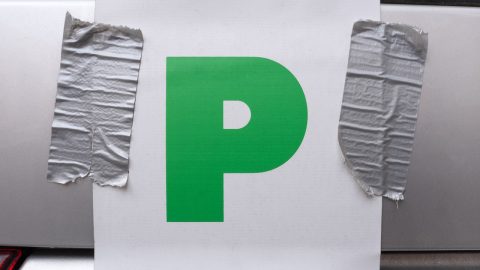Speeding fines are more than just a nuisance; they’re a signal to insurance companies that you may be a higher-risk driver. The relationship between speeding tickets and insurance premiums is complex, and understanding it can help you make informed decisions about your driving habits and insurance coverage. Here’s a comprehensive guide to how speeding fines can affect your insurance rates, along with some frequently asked questions to help you navigate this issue.
Understanding the Impact
1. Risk Assessment
Insurance companies use a variety of factors to assess the risk level of insuring a driver. Speeding tickets are a key indicator of risky driving behaviour. A history of speeding can lead insurance providers to conclude that you’re more likely to be involved in accidents or commit traffic violations in the future, which increases your insurance premiums.
2. Points on Your License
In many regions, speeding tickets result in points being added to your driving record. Accumulating points can lead to higher insurance premiums, as insurance companies often view points as indicators of unsafe driving habits.
3. Severity and Frequency
The impact on your insurance rates can vary based on the severity of the speeding offence and the frequency of tickets. Minor speeding violations might result in a slight increase in premiums, while more severe offences, such as reckless driving or speeding in a school zone, can lead to significant rate hikes. Additionally, multiple offences within a short period can compound the impact, leading to even higher premiums or possibly non-renewal of your policy.
4. Duration of Impact
A speeding ticket can affect your insurance premiums for several years, depending on your insurer’s policies and your state’s regulations. Most insurers will review your driving record at renewal time and adjust your premiums based on any changes, including the addition of speeding tickets.
Our FAQs on Speeding Fines and Insurance Premiums
A single minor speeding offence might not drastically increase your insurance premiums, particularly if it’s your first offence and you have an otherwise clean driving record. However, insurers differ in how they assess risk, and even a minor offence can lead to an increase in premiums with some insurers.
You might consider attending a speed awareness course if you’re eligible, as this can often prevent points from being added to your licence for your first speeding offence. Not all insurers increase premiums for drivers who have attended a speed awareness course instead of receiving points, but policies vary. Additionally, maintaining a clean driving record going forward and shopping around at renewal can also help mitigate the impact.
No, there is significant variation between how insurance companies in the UK assess speeding tickets. Some insurers may overlook a first minor speeding offence, especially if you choose to attend a speed awareness course, while others may increase your premiums for any offence. It’s important to check with your insurer.
Speeding offences typically stay on your driving record for four years from the date of the offence in the UK. However, insurers may only consider offences within the last three years when calculating premiums. This can vary between insurers, so it’s a good idea to check their policy.
Yes, because the UK’s driving licence records are centralised through the DVLA (Driver and Vehicle Licensing Agency), a speeding ticket from any part of the UK will appear on your driving record and can affect your insurance premiums regardless of where in the UK you live or are insured.
While a single speeding ticket may not have a dramatic impact on your insurance premiums in the UK, accumulating points or committing more severe offences can lead to significant increases in your insurance costs. Understanding how these penalties work and what you can do to mitigate their impact can help you manage your insurance expenses more effectively. Always drive carefully and adhere to speed limits to avoid these penalties altogether.









